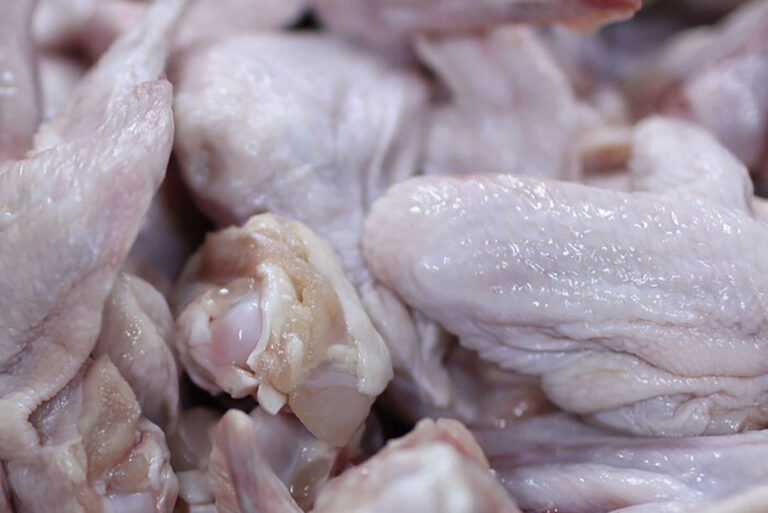June 21, 2025 | 01:17 GMT +7
June 21, 2025 | 01:17 GMT +7
Hotline: 0913.378.918
June 21, 2025 | 01:17 GMT +7
Hotline: 0913.378.918

An appeal of the Polish poultry industry underlines that a proposed ban on Ukraine to Poland imports of poultry products would not make much sense as long as the Ukrainian products could land in other EU countries. Photo: Eko Anug
The Wielkopolska Chamber of Agriculture, for instance, estimated that the Polish poultry market is flooded by Ukrainian chicken the same way it was flooded with grain, estimating that Ukrainian farmers enjoy production costs 25% lower than those of Polish poultry manufacturers. The analysts assessed that Polish farmers currently pay PLN 5.2 (US$1.24) to produce a 1 kg of broiler meat. Meanwhile, the wholesale price recently slumped from PLN 6.2 (US$1.48) to PLN 5.6 ($1.34) per kg.
The Wielkopolska Chamber calculated that the current level of wholesale prices barely allows farmers to make ends meet. Some farmers are trying to lower production costs by buying grain and other inputs to mix feed in-house. However, the analysts warned such an approach bears risks of falling production performance.
On 10 May, the Wielkopolska Chamber sent a letter to the Agricultural Ministry asking to raise this issue with the European Commission in order to protect the Polish poultry market.
Not only the Polish market at stake
Several other farmers’ organisations also voiced concerns over the inflow of Ukrainian chicken and eggs but claimed that it is not only the Polish market that needed to be protected. An appeal of the Polish poultry industry published by the local newspaper Top Agrar underlines that a proposed ban on Ukraine to Poland imports of poultry products would not make much sense as long as the Ukrainian products could land in other EU countries.
“The poultry industry believes that the only way to change the present situation is not to extend the trade preferences the European Commission granted to Ukraine for subsequent years until the country meets all EU standards related to food quality and safety,” the poultry farmers said in the appeal.
Stricter control
In addition, Polish poultry farmers believe that European authorities should introduce stricter border control to verify the “actual quality and quantities of poultry products imported from Ukraine”. The farmers believe that entry into the EU should only be granted to poultry meat and eggs manufactured meeting the safety standards European farmers are required to comply with.
“We emphasise that nobody denies the need to support Ukraine, but it is necessary to find a form of assistance that will not threaten the economic stability of family farms and domestic processing plants,” the farmers added.
(PW)

(VAN) Poultry production in Poland, which has only started recovering from devastating bird flu outbreaks earlier this year, has been hit by a series of outbreaks of Newcastle disease, with the veterinary situation deteriorating rapidly.

(VAN) Extensive licensing requirements raise concerns about intellectual property theft.

(VAN) As of Friday, a salmonella outbreak linked to a California egg producer had sickened at least 79 people. Of the infected people, 21 hospitalizations were reported, U.S. health officials said.

(VAN) With the war ongoing, many Ukrainian farmers and rural farming families face limited access to their land due to mines and lack the financial resources to purchase needed agricultural inputs.

(VAN) Vikas Rambal has quietly built a $5 billion business empire in manufacturing, property and solar, and catapulted onto the Rich List.

(VAN) Available cropland now at less than five percent, according to latest geospatial assessment from FAO and UNOSAT.

(VAN) Alt Carbon has raised $12 million in a seed round as it plans to scale its carbon dioxide removal work in the South Asian nation.